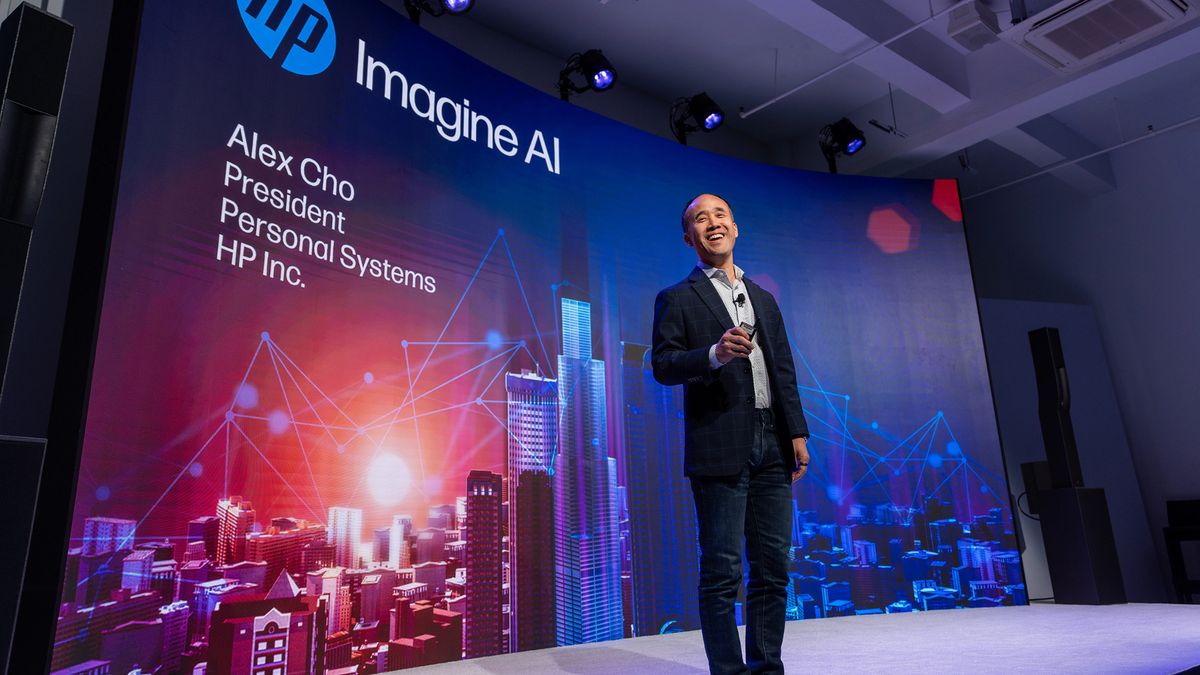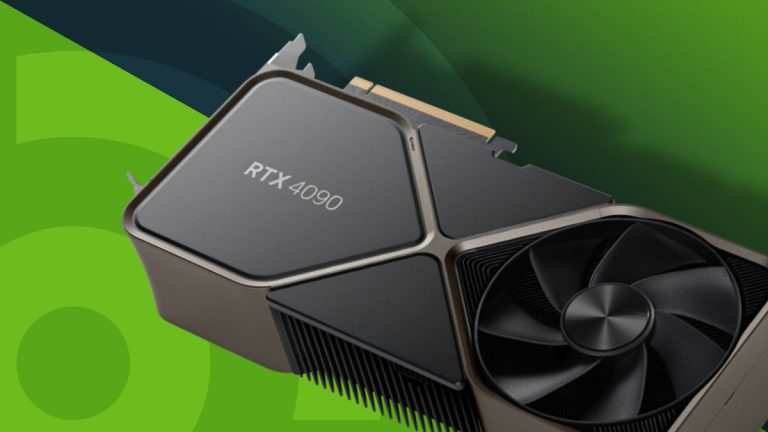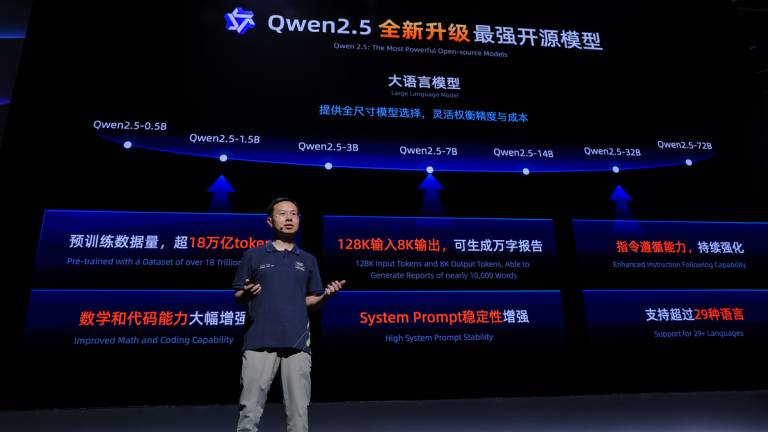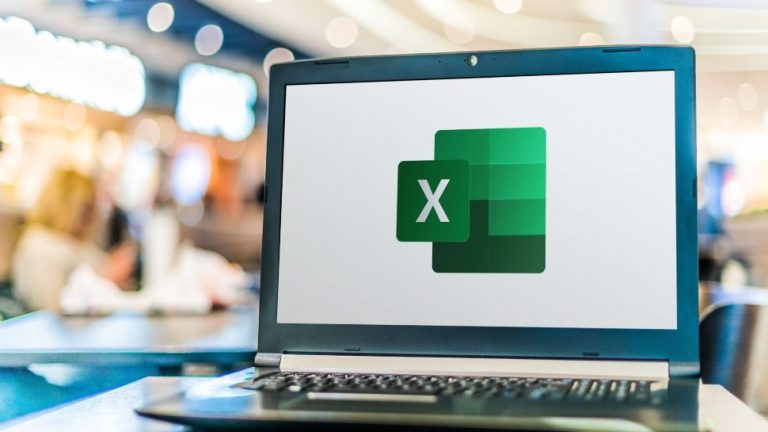HP reveals new fastest-ever AI PC, an OmniBook laptop packing a mystery AMD CPU that’s more powerful than current Ryzen AI 300 flagship

AMD might have an even faster Ryzen AI 300 (Strix Point) CPU waiting in the wings, and HP has seemingly revealed this chip – which will push forward with an even more powerful NPU – in one of its upcoming laptops.
This is the HP OmniBook Ultra that was just announced as the “world’s highest performance AI PC” which offers up a Ryzen mobile CPU with an NPU that boasts 55 TOPS.
Currently, the fastest Strix Point processor from AMD is the Ryzen AI 9 HX 370, and the NPU in that chip gives you 50 TOPS, with the new CPU outdoing that by 10%.
It would indeed be the fastest NPU out there, and probably for quite some time – Intel’s next-gen Lunar Lake mobile silicon isn’t expected to exceed 48 TOPS. (This is the performance of the NPU only, mind – don’t confuse it with the total TOPS rating for a CPU, which includes the processor itself and integrated GPU lending their weight to AI workloads).
We’ll be interested to get this new HP OmniBook Ultra in for testing, that’s for sure, and the laptop maker is set to launch the laptop in August in the US (via its own online store and Best Buy, we’re told).
Analysis: HX 375 or custom silicon?
This isn’t a development we were expecting, frankly, and it’s a surprise to see this new AMD chip with a peppier NPU pop up. However, it does tie in with another leak as VideoCardz (which flagged up the HP press release) observes. Namely the previous sighting of an HX 375 chip – in theory, a small step up from the current flagship HX 370 – in the CPU-Z monitoring utility.
Either that, or HP could have knocked up a custom version of an existing AMD Strix Point processor, but that seems unlikely – and the existence of the HX 375 is what our money is on. We won’t have long to wait to find out, with the laptop appearing in August – though if an HX 375 is inbound, admittedly that’s a very swift arrival (considering the Ryzen AI 300 range, and HX 370 therein, won’t launch until later in July, at least in the US).
You might also like
Source: www.techradar.com






